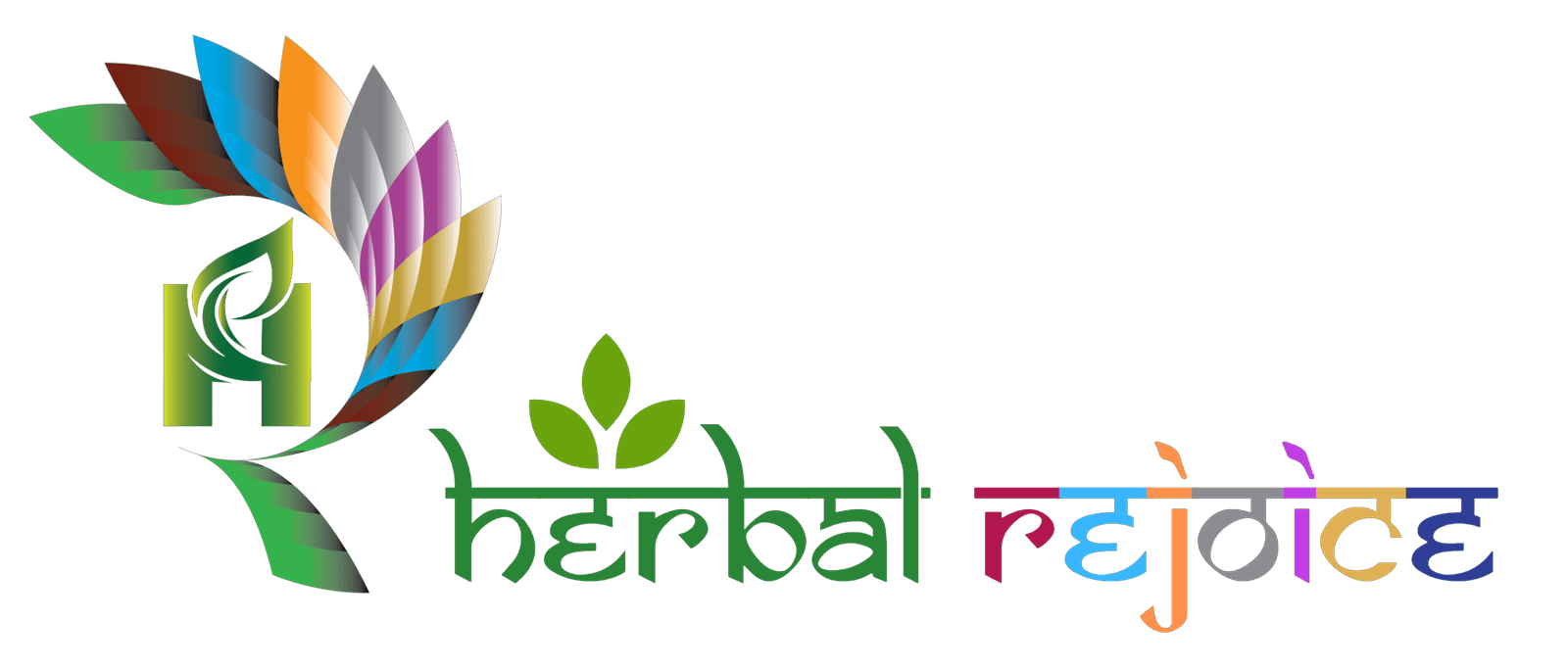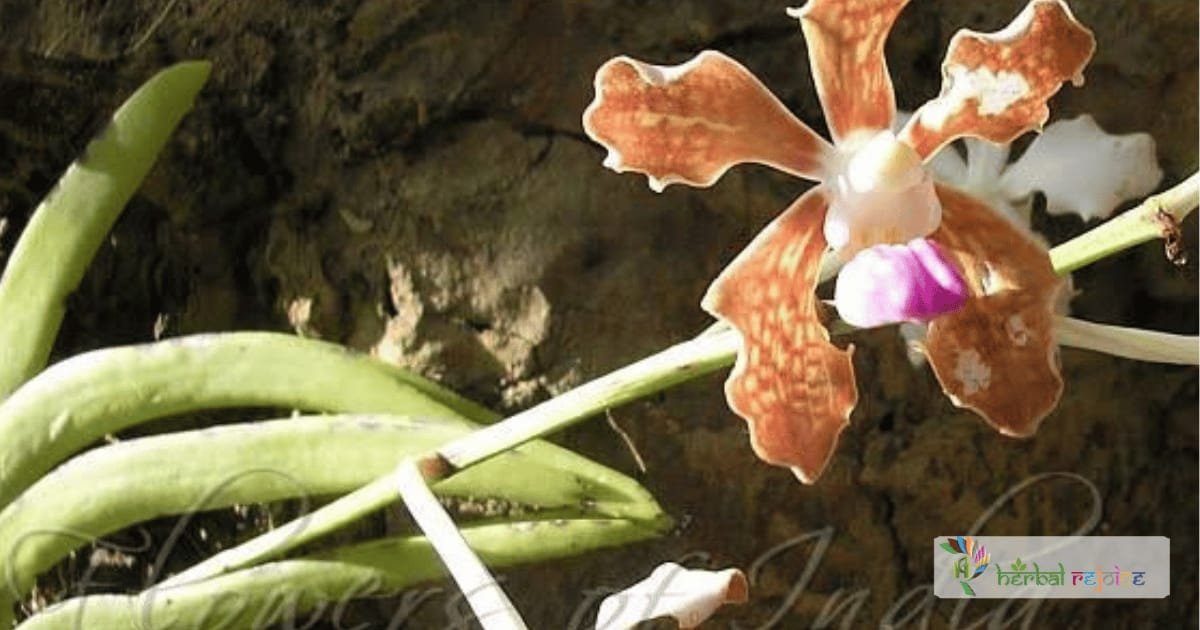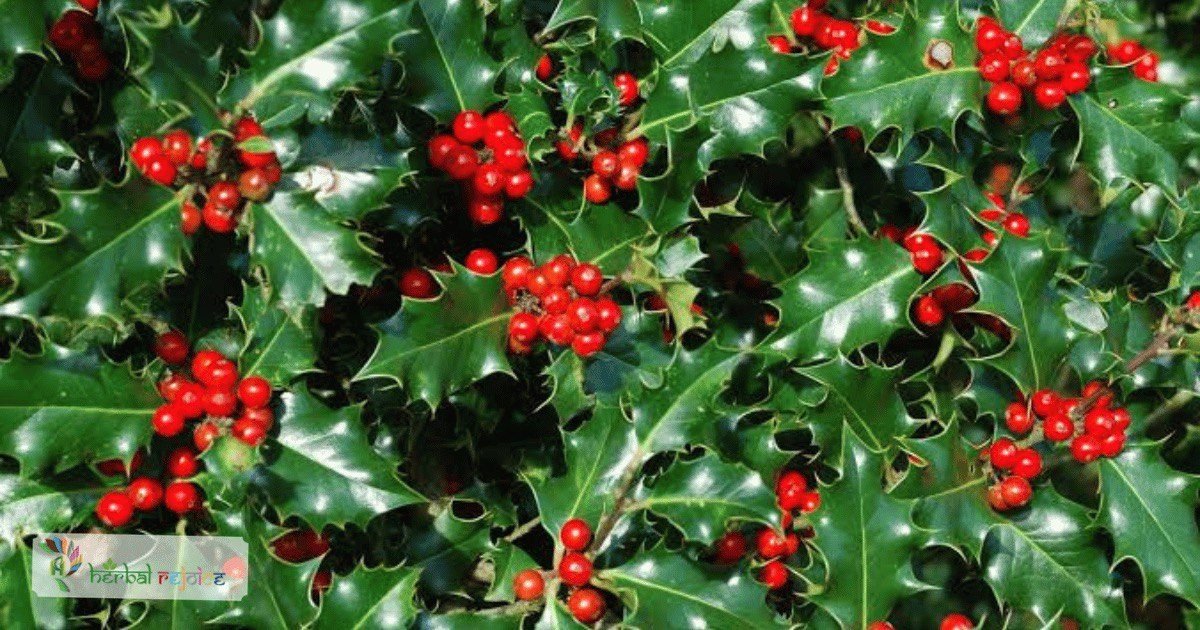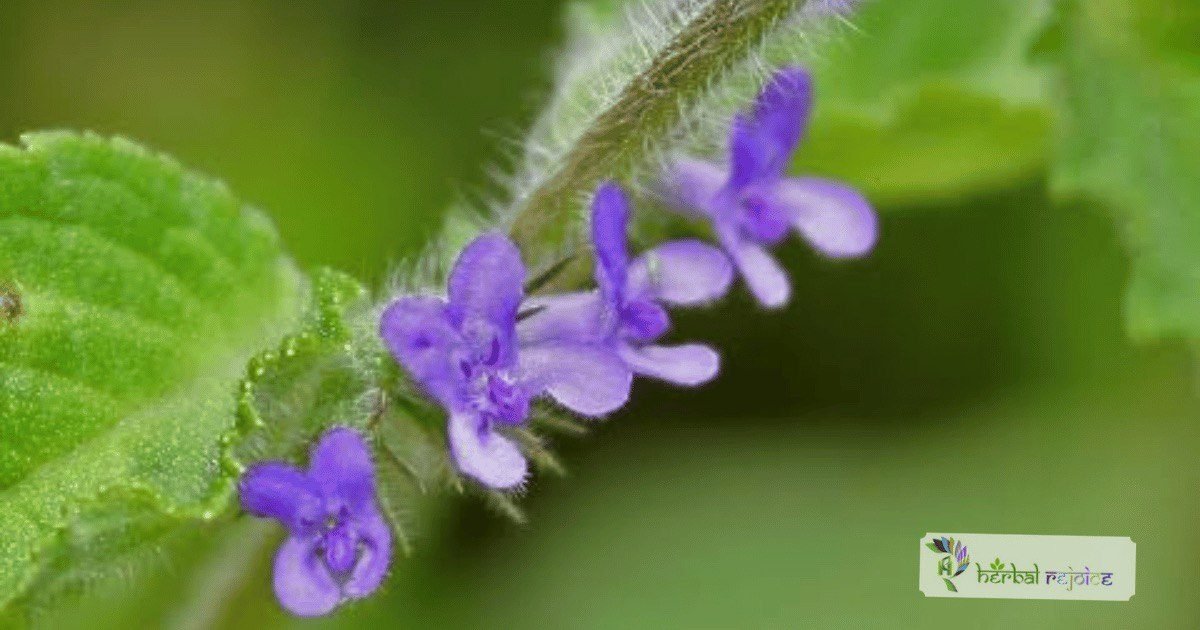Introduction:
Vanda roxburghii, also known as Raasnaa, is a medicinal plant belonging to the Orchidaceae family. Raasna is used in Ayurvedic medicine to alleviate inflammation, treat liver disorders, and provide relief from various ailments such as rheumatism, dyspepsia.
Additionally, it has been traditionally used to treat a range of ailments, including lumbago, and bronchitis.
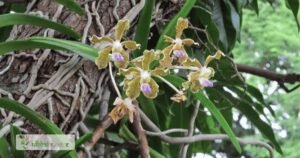
Names and Habitat
It is native to India, specifically found from Uttar Pradesh to West Bengal, and extending southwards to Kerala. In Ayurveda, this plant is widely used for its remarkable anti-inflammatory and liver-tonic properties.
Traditional Uses Of Raasnaa
The roots of Vanda roxburghii have been used in Eastern India under the name Raasnaa. In this region, Pluchea lanceolata is commonly used as a substitute for Raasnaa. In South India, Alpinia galanga is also used as an alternative.
The roots of this plant have been revered for their antipyretic, anti-inflammatory, tranquilizing, and liver-tonic effects.
They have been used to alleviate symptoms of rheumatism, lumbago, inflammations, chest diseases, and various nervous system disorders.
Additionally, the roots are used externally in medicated oils to treat rheumatic swellings and neurological affections. Its traditional use in the treatment of fractures is also worth mentioning.
Pharmacological activity of Raasnaa
Studies have confirmed the various pharmacological activities of Raasnaa. The petroleum ether, chloroform, and methanol extracts of the root exhibited significant anti-inflammatory activity in rats.
At a dose of 0.5 g/kg, these extracts demonstrated 54.3%, 42.1%, and 21.9% anti-inflammatory activity, respectively. Furthermore, an ethanolic extract of the root showed hepatoprotective activity in albino mice.
These findings suggest that Raasnaa could be a potential remedy for inflammation and liver-related issues.
Chemical Constituents of Raasnaa
The root of Raasnaa contains several active compounds that contribute to its medicinal properties. Tetracosyl ferulate and beta-sitosterol D-glucoside were identified as key constituents of the root.
Other compounds isolated from the plant include heptacosane, octacosanol, bitter principle, saponin, beta-sitosterol, and tannins.
These compounds may play a role in the plant’s therapeutic effects and contribute to its anti-inflammatory and hepatoprotective activities.
Conclusion
Vanda roxburghii, commonly known as Raasnaa, is a medicinal plant found in India. It has been traditionally used in Ayurvedic medicine to alleviate inflammation, treat liver disorders, and provide relief from various ailments.
Scientific studies have shown the anti-inflammatory and hepatoprotective activities of this plant, validating its traditional uses. The identification of key compounds in the root further supports its therapeutic potential.
With its natural medicinal properties, Vanda roxburghii could be a promising alternative for managing inflammation and promoting liver health.
Frequenty Asked Questions (FAQs):
What is Raasnaa?
Vanda roxburghii, also known as Raasnaa, is a medicinal plant belonging to the Orchidaceae family.
Where is Raasnaa native to?
Raasnaa is native to India, specifically found from Uttar Pradesh to West Bengal, and extending southwards to Kerala.
What are the traditional uses of Raasnaa?
The roots of Raasnaa have been used to treat rheumatism, lumbago, dyspepsia, bronchitis, and other ailments. It is also used externally in medicated oils for rheumatic swellings and neurological affections.
What are the substitutes for Raasnaa?
In Eastern India, Pluchea lanceolata is commonly used as a substitute for Raasnaa. In South India, Alpinia galanga is used as an alternative.
What are the pharmacological activities of Raasnaa?
Studies have shown that Raasnaa exhibits significant anti-inflammatory activity. It also has hepatoprotective effects.
How effective is Raasnaa as an anti-inflammatory?
Studies have found that the petroleum ether, chloroform, and methanol extracts of the root have demonstrated anti-inflammatory activity in rats.
Is Raasnaa effective in treating liver-related issues?
Yes, an ethanolic extract of the root has shown hepatoprotective activity in albino mice, suggesting its potential to treat liver-related issues.
What are the key chemical constituents of Raasnaa?
Tetracosyl ferulate and beta-sitosterol D-glucoside are the key compounds identified in the root of Raasnaa.
Does Raasnaa contain any other compounds?
Yes, other compounds isolated from the plant include heptacosane, octacosanol, bitter principle, saponin, beta-sitosterol, and tannins.
What are the potential therapeutic effects of Raasnaa?
Raasnaa has anti-inflammatory and hepatoprotective activities, making it a potential remedy for managing inflammation and promoting liver health.
Can Raasnaa be used as a natural remedy for rheumatism?
Yes, Raasnaa has been traditionally used to alleviate symptoms of rheumatism.
How is Raasnaa used to treat lumbago?
Raasnaa has been traditionally used to provide relief from lumbago, a condition characterized by lower back pain.
Can Raasnaa help with digestive issues?
Yes, Raasnaa has been used traditionally to treat dyspepsia, a common digestive disorder.
Does Raasnaa have any effects on the respiratory system?
Yes, Raasnaa has been used to alleviate symptoms of bronchitis, a respiratory condition characterized by inflammation of the bronchi.
Can Raasnaa be used externally?
Yes, the roots of Raasnaa are used externally in medicated oils to treat rheumatic swellings and neurological affections.
Has Raasnaa been used in the treatment of fractures?
Yes, Raasnaa has been traditionally used in the treatment of fractures.
What are the potential benefits of using Raasnaa for liver health?
Raasnaa has hepatoprotective effects, meaning it can protect the liver from damage and promote its overall health.
Is Raasnaa safe to use?
As with any herbal remedy, it is important to consult with a healthcare professional before using Raasnaa, especially if you have any underlying medical conditions or are taking medication.
Are there any side effects of using Raasnaa?
There are no known side effects of using Raasnaa.
